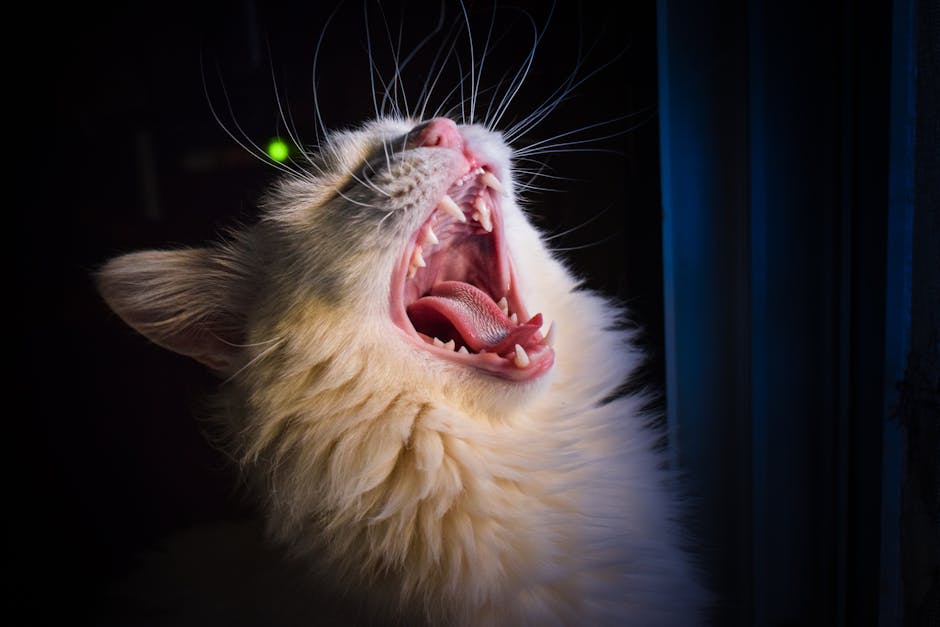Preventive care is paramount. Annual wellness exams serve as a foundational component, allowing veterinarians to assess an animal’s overall health. During these comprehensive check-ups, a thorough physical examination is conducted, including weight assessment, evaluation of vital signs (heart rate, respiratory rate, temperature), and palpation of major organs. This examination is crucial in detecting subtle changes or early signs of disease that might otherwise go unnoticed. Veterinarians also use these opportunities to discuss diet, exercise, and behavioral concerns, offering personalized recommendations tailored to the animal’s breed, age, and lifestyle.
Beyond the physical examination, preventative care encompasses vaccinations. These inoculations protect against highly contagious and often lethal diseases like rabies, distemper, and parvovirus. The specific vaccines recommended will vary depending on species, age, lifestyle (indoor vs. outdoor), and geographical location. Regular booster shots ensure continued immunity, maintaining a strong defense against disease. Parasite prevention is equally critical. Internal parasites, such as worms and giardia, and external parasites, such as fleas, ticks, and heartworms, can cause significant health problems, some with potentially fatal consequences. Veterinarians can advise on appropriate preventative medications, including monthly heartworm preventatives and topical flea and tick treatments, ensuring optimal protection throughout the year.
Dental care is frequently overlooked, yet it’s an integral part of preventative veterinary medicine. Periodontal disease, characterized by gum inflammation and tooth loss, is extremely common in pets and can lead to serious systemic health issues. Regular dental cleanings under anesthesia, performed by veterinarians, allow for a thorough removal of plaque and tartar buildup, preventing the progression of periodontal disease. Home dental care, involving brushing and appropriate dental chews, complements professional cleanings, contributing to optimal oral health.
Early detection of disease is a major advantage of regular veterinary visits. Many diseases, when detected early, are far more treatable and often have a significantly better prognosis. Conditions such as kidney disease, diabetes, and certain cancers may initially present with subtle clinical signs, making routine check-ups invaluable for early intervention. Blood work and urinalysis, frequently performed during annual exams, provide a comprehensive assessment of organ function and identify potential problems before they become life-threatening. For older animals, semi-annual or even more frequent check-ups may be recommended to monitor age-related changes and address any developing health concerns promptly.
Beyond routine check-ups and preventative measures, regular veterinary care encompasses addressing specific health issues. Illness or injury necessitates immediate veterinary attention. Veterinary professionals can accurately diagnose ailments, administer appropriate treatment, and offer guidance on post-treatment care. This includes everything from managing minor infections to performing complex surgical procedures. The availability of advanced diagnostic tools and specialized treatments within veterinary practices ensures pets receive the most effective and up-to-date care.
The importance of regular veterinary care extends beyond the individual animal; it plays a significant role in public health. Rabies vaccination, for example, not only protects individual pets but also helps prevent the spread of this deadly disease to humans. Similarly, controlling the spread of zoonotic diseases, those that can be transmitted from animals to humans, depends heavily on preventative veterinary care and early detection of infectious agents.
Choosing a veterinary practice requires careful consideration. Seek out a practice with experienced veterinarians, modern facilities, and a commitment to compassionate care. Establish a strong veterinarian-client-patient relationship, fostering open communication and trust. Don’t hesitate to ask questions, voice concerns, and seek clarification regarding any aspect of your pet’s care. Actively participate in your pet’s healthcare decisions, ensuring they receive the best possible medical attention.
In conclusion, regular veterinary care is not merely a matter of convenience; it is an essential aspect of responsible pet ownership. It encompasses preventative measures, early disease detection, prompt treatment of illness and injury, and a commitment to ensuring the animal’s overall well-being. The benefits far outweigh the costs, both financially and emotionally, contributing to a longer, healthier, and happier life for your beloved companion. Investing in regular veterinary visits is an investment in the health, happiness, and longevity of your pet, ultimately enriching the bond you share. It’s a commitment that reflects genuine care and responsibility towards a creature entirely dependent on your protection and guidance.
